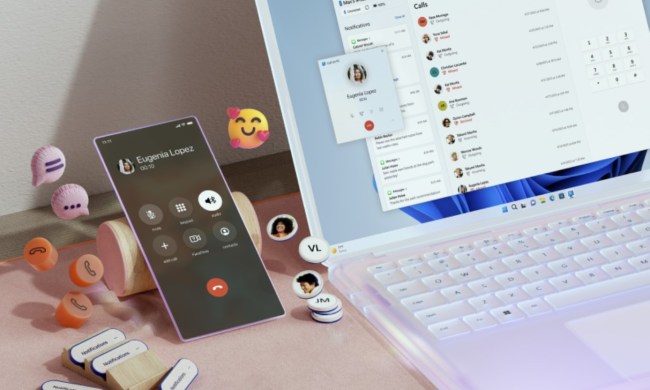When Amazon released its Kids Edition of the Amazon Echo Dot, many were interested to see how Amazon would use technology to allow young children to experience technology in a kid-friendly way. Along with the kids’ version of the Echo Dot came Amazon FreeTime on Alexa, an Alexa experience created specifically for the youngest generation. Amazon even introduced a Magic Word update that aims to instill kids with good manners by requiring them to say “please” for certain commands.
While some were thrilled at the opportunity to introduce their children to this kid-friendly Alexa, other parents raised their eyebrows, questioning whether children’s privacy would be at risk. And it seems lawmakers have similar questions. Sen. Edward J. Mark (Massachusetts) and Rep. Joe Barton (Texas) have asked the Seattle-based online retailer giant what the company is doing to protect the privacy of young children who use the Amazon Echo Dot Kids’ Edition or Amazon Freetime.
In a letter, the lawmakers asked Amazon whether or not children’s interactions with the device are saved by the company or shared with any third parties.”There is also increasing concern about the effects of digital media and technology use among children and teens,” read the letter. Sen. Mark and Rep. Barton also asked Amazon whether the teams who created the device consulted with child development experts while designing it.
Amazon responded to some of these concerns in a statement. The company told CNET, “Amazon takes privacy and security seriously, and FreeTime on Alexa is no different.” The tech giant then went on to explain that parents can delete their children’s recordings from the device and from the company’s servers, and assured parents that no developers outside of Amazon will ever have access to the recordings. The speaker will also only record sounds after it’s prompted by the wake word. To prevent that from happening in advertently, parents can press the mute button on top of the device, so children don’t accidentally wake the device without meaning to.
According to Amazon, the company adheres to the “Children’s Online Privacy Protection Act,” which states that companies must provide a “clear and comprehensive online privacy policy describing their information practices for personal information collected online from children.” Companies must also “obtain verifiable parental consent, with limited exceptions, before collecting personal information” from kids. Amazon must provide a full response to lawmakers’ questions by June 1.
Data privacy has been a part of the national conversation for years, and the issue has only become more prominent in recent months following high-profile data leaks, including Facebook’s scandal involving Cambridge Analytica.


